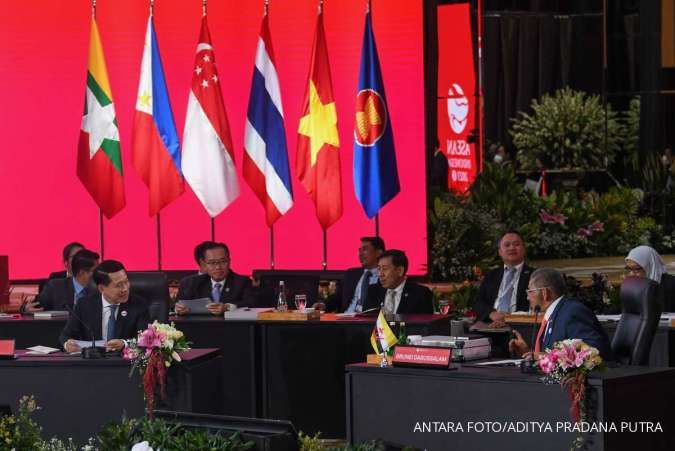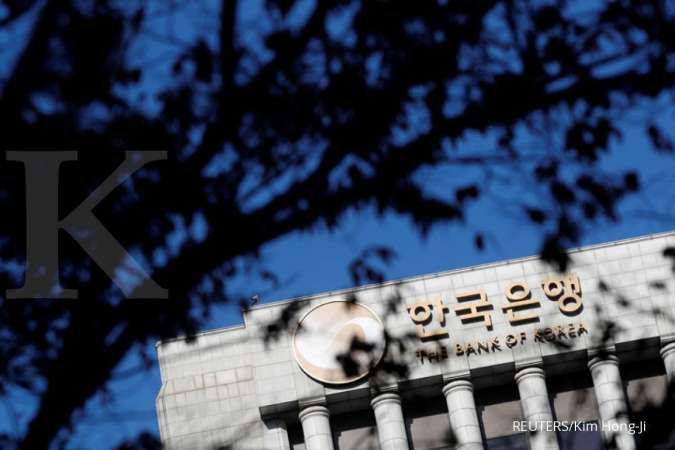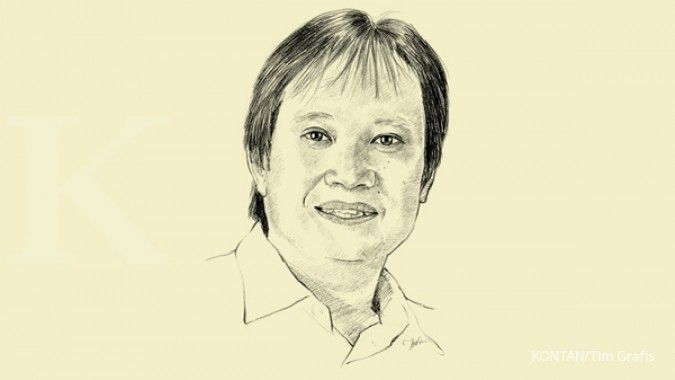OIL PRICE - VIENNA. OPEC and its allies met on Sunday to try to agree further cuts in production, sources told Reuters, as the group faces flagging oil prices and a looming supply glut.
The group, known as OPEC+, delayed the start of formal talks by at least three and a half hours due to members' discussions on the sidelines of production baselines, from which cuts and quotas are calculated, sources said.
OPEC's most influential members and biggest Gulf producers led by Saudi Arabia were trying to persuade under-producing African nations such as Nigeria and Angola to have more realistic output targets, sources said.
"Talks with African producers are proving to be difficult," one OPEC+ source said. Gulf producer, the United Arab Emirates, was meanwhile seeking a higher baseline to reflect its growing production capacity, sources said.
OPEC+, which groups the Organization of the Petroleum Exporting Countries and allies led by Russia, pumps around 40% of the world's crude, meaning its policy decisions can have a major impact on oil prices.
Four sources familiar with OPEC+ discussions have told Reuters that additional production cuts were being discussed among options for Sunday's session.
"We are discussing the full package (of changes to the deal)," one of the four sources said.
Read Also: OPEC+ Begins Meetings That May Agree Further Output Cuts
Three out of four sources said cuts could amount to 1 million bpd on top of existing cuts of 2 million bpd and voluntary cuts of 1.6 million bpd, announced in a surprise move in April and that took effect in May.
The April announcement helped to drive oil prices about $9 per barrel higher to above $87, but they swiftly retreated under pressure from concerns about global economic growth and demand. On Friday, international benchmark Brent settled at $76.
If approved, a new cut would take the total volume of reductions to 4.66 million bpd, or around 4.5% of global demand.
Typically, production cuts take effect the month after they are agreed but ministers could also agree to later implementation. They could also decide to hold output steady.
Last week, Saudi Arabia's Energy Minister Prince Abdulaziz said investors who were shorting the oil price, or betting on a price fall, should "watch out", which many market watchers interpreted as a warning of additional supply cuts.
BASELINES FOR 2023 AND 2024
Three OPEC+ sources also said the group will address the issue of baselines for 2023 and 2024, which have previously been contentious.
Nigeria and Angola have long been unable to produce in line with their targets but have opposed lower baselines because new targets could force them to perform real cuts.
By contrast, the UAE has demanded a higher baseline in line with its growing production capacity, but that could mean its share in the overall cuts might decrease.
Western nations have accused OPEC of manipulating oil prices and undermining the global economy through high energy costs. The West has also accused OPEC of siding with Russia despite Western sanctions over Moscow's invasion of Ukraine.
Read Also: At Least 261 Dead in India's Worst Train Accident in Over Two Decades
In response, OPEC insiders have said the West's money-printing over the last decade has driven inflation and forced oil-producing nations to act to maintain the value of their main export.
Asian countries, such as China and India, have bought the greatest share of Russian oil exports and refused to join Western sanctions on Russia.
OPEC has denied media access to its headquarters to reporters from Reuters and other news media.
/2019/09/10/166279352.jpg)












